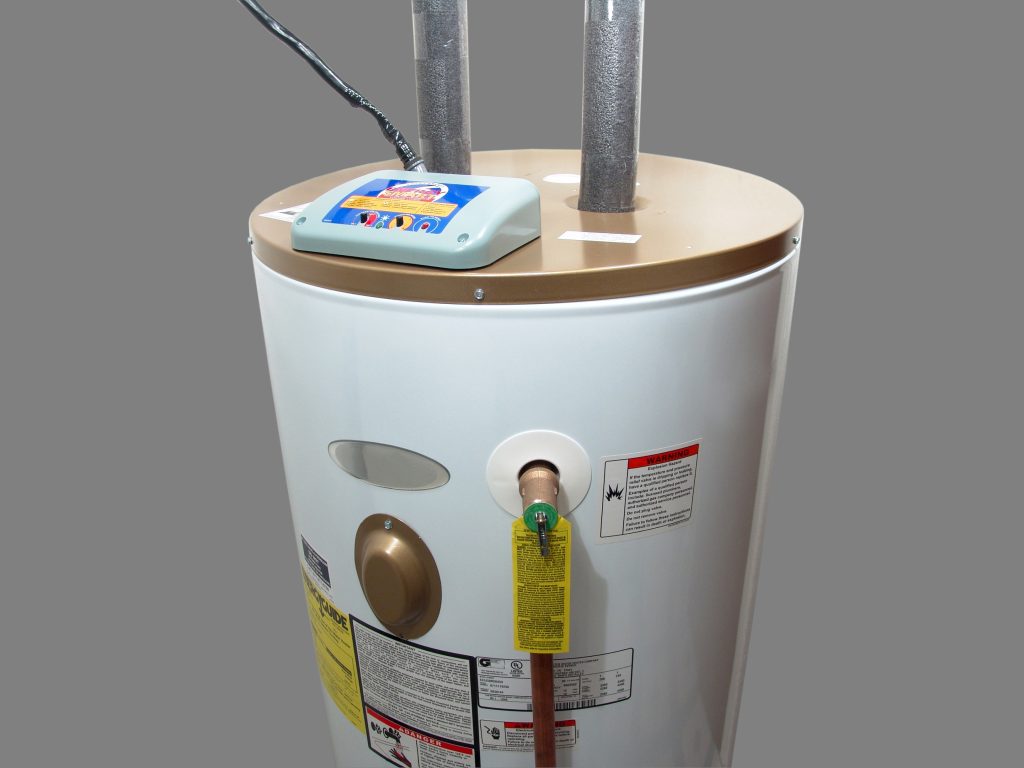Will My Water Heater Freeze When It’s Cold Outside?
Unless you live in a warm weather climate, you’re probably going to experience some wintry weather. And along with that comes freezing temperatures. It also means your hot water heater will be working extra hard to make sure the water is warm when you need it.

If it gets really cold, you might be wondering if your hot water heater will freeze. The answer is that it most likely won’t, but you’ll also need to take some precautions, depending on the circumstances. Most indoor and outdoor hot water heaters have built-in freeze protection, but again, if it gets to a certain point, it could freeze.
You can rest assured that your tankless water heater will stay operational no matter how low the temperatures drop. Even on the chilliest days, you don’t need to be concerned about your water heater freezing. Many indoor and outdoor tankless water heaters come with a built-in freeze protection feature that works when the temperature drops to between -5 and -22 degrees Fahrenheit.
Here’s how to keep it from happening, however unlikely it is.
Drain the Water
If you’re going on an extended vacation over the winter, or the power goes out, you’ll want to drain your hot water heater, just to make sure it doesn’t freeze, and ruin your tank. In order to drain it, turn off the gas and electric supplies, and shut off the cold water supply. Place a bucket under the heater to catch the water, and take the drain caps off of the hot and cold isolation valves. Open the valves, and remove the cold water inlet filter.
If freezing is a big concern where you are, you can install freeze protection solenoid valves. These valves automatically open during a power outage, releasing water from the unit.
Install Away From the Cold
If you can, you should try to install your water heater away from the cold weather. Your tankless heater is much less likely to be impacted by cold weather if it’s installed where it’s warm. If that’s not possible in your situation, make sure it’s installed in a covered or sheltered area. This can help prevent the wind from impacting the vents, and chilling the unit.
Insulation
Insulating the pipes heading out of your water heater is important, too. Pipes aren’t protected the way the hot water heater is, and protecting them is the key to not having an issue with frozen pipes. External pipes should be wrapped with heat tape, fiberglass, or polyethylene wrap. If the pipes do freeze, you can try to thaw them out by turning up your thermostat. If that doesn’t work, if you have metal pipes, it’s time to call in a plumber who can use an electric pipe-thawing machine to get them going again.
Recirculation System
This kind of a system is meant to keep your hot water instantly available, which means it’s ;less likely to freeze in colder climates. This system will allow you to consistently pump hot water into your home, while also keeping the pipes warm. It’s a good idea in colder climates.
Keep It Running
If possible, your hot water heater should always be connected to a power source. This will keep it running, and much less likely to have issues with freezing, if it’s exceptionally cold outside. You can also run a trickle of water in your kitchen sink overnight, just to keep water running through your hot water tank. Trickling water can also keep the pipes from freezing.
The biggest concern in regard to freezing is that standing water in your tank will freeze and expand, destroying your tank. You’d obviously have to replace your hot water heater if that were to happen.
If you have questions or concerns about your hot water heater, don’t hesitate to call the expert team at Emergency Plumbing & Solar. We’re here for you 24/7 at (808) 691-9309 Oahu, (808) 400-8811 Hawaii Island.


